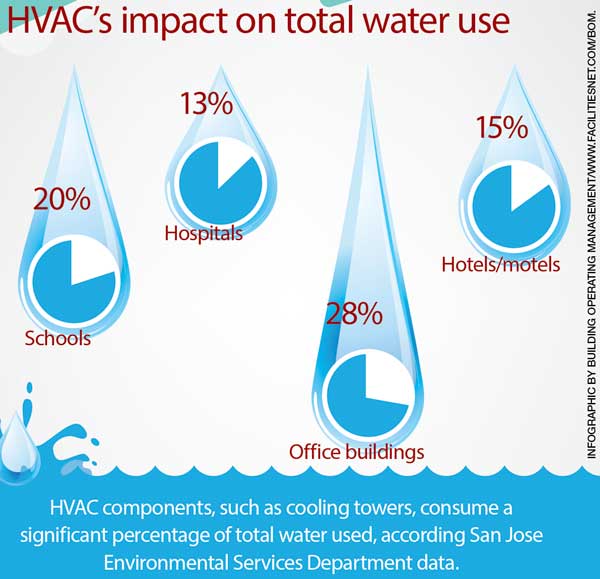The Future Of Home Home Heating - Exactly How Heatpump Technology Is Developing
The Future Of Home Home Heating - Exactly How Heatpump Technology Is Developing
Blog Article
Composed By-Dugan Dominguez
Heatpump will be an essential technology for decarbonising heating. In a situation regular with federal governments' revealed energy and climate commitments, their international capacity doubles by 2030, while their share in home heating rises to one-quarter.
They work best in well-insulated homes and depend on electrical energy, which can be provided from an eco-friendly power grid. Technical advancements are making them extra effective, smarter and cheaper.
Gas Cells
Heatpump make use of a compressor, refrigerant, coils and fans to move the air and warmth in homes and home appliances. They can be powered by solar energy or power from the grid. They have been getting popularity because of their inexpensive, silent procedure and the ability to generate electricity throughout peak power demand.
Some business, like IdaTech and BG MicroGen, are servicing fuel cells for home heating. These microgenerators can change a gas central heating boiler and create several of a house's electrical requirements with a link to the electrical power grid for the remainder.
But there are factors to be cynical of using hydrogen for home heating, Rosenow claims. check it out would certainly be costly and inefficient compared to various other technologies, and it would include in carbon emissions.
Smart and Connected Technologies
Smart home technology permits property owners to link and manage their devices from another location with using smartphone apps. For instance, wise thermostats can learn your home heating choices and instantly get used to enhance power consumption. Smart illumination systems can be regulated with voice commands and automatically turn off lights when you leave the area, lowering energy waste. And wise plugs can keep track of and manage your electrical use, allowing you to recognize and limit energy-hungry devices.
The tech-savvy house depicted in Carina's interview is a good illustration of how owners reconfigure space home heating practices in the light of new smart home technologies. mitsubishi electric nz rely on the devices' computerized features to carry out daily adjustments and regard them as a convenient methods of performing their heating techniques. As such, they see no factor to adapt their practices additionally in order to make it possible for versatility in their home energy demand, and treatments focusing on doing so might encounter resistance from these homes.
Power
Given that heating up homes represent 13% of US exhausts, a switch to cleaner choices could make a big difference. Yet the innovation deals with challenges: It's costly and requires substantial home improvements. And it's not constantly compatible with renewable energy resources, such as solar and wind.
Until just recently, electric heat pumps were also costly to take on gas designs in most markets. However new developments in design and products are making them more affordable. And far better cool climate efficiency is allowing them to function well also in subzero temperature levels.
The next action in decarbonising heating might be the use of heat networks, which draw heat from a main resource, such as a nearby river or sea inlet, and distribute it to a network of homes or buildings. That would reduce carbon discharges and allow households to take advantage of renewable energy, such as eco-friendly electrical energy from a grid supplied by renewables. This choice would be less expensive than switching to hydrogen, a nonrenewable fuel source that calls for new infrastructure and would only decrease carbon dioxide emissions by 5 percent if coupled with boosted home insulation.
Renewable resource
As electricity rates go down, we're starting to see the same fad in home heating that has actually driven electrical autos right into the mainstream-- yet at an also much faster pace. The strong environment instance for impressive homes has been pressed further by new study.
Highly recommended Resource site account for a considerable share of contemporary warm usage, but have been provided restricted plan attention internationally compared to other end-use markets-- and also much less interest than electrical power has. In part, this reflects a mix of customer inertia, split incentives and, in numerous nations, aids for nonrenewable fuel sources.
New technologies might make the change simpler. For instance, heat pump s can be made much more power efficient by replacing old R-22 cooling agents with brand-new ones that do not have the high GWPs of their precursors. Some professionals additionally picture district systems that draw warmth from a neighboring river or sea inlet, like a Norwegian fjord. The warm water can after that be made use of for heating and cooling in a community.